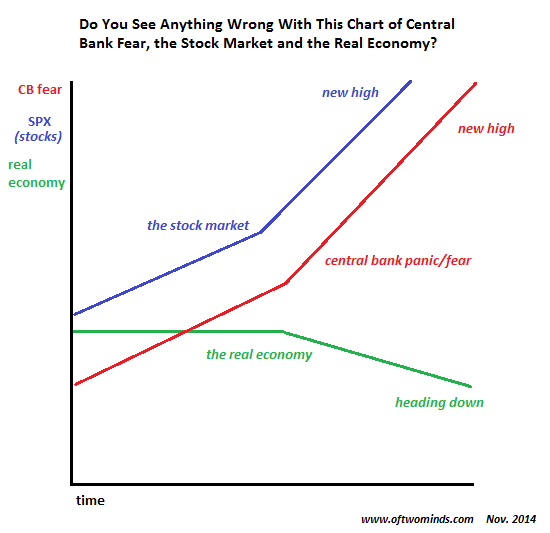What is a Bank Failure and What Happens to Your Money
Post on: 23 Апрель, 2015 No Comment

What Happens in Bank Failures?
Lilli Day / E+ / Getty Images
Banks are the safest place to keep your cash. Nevertheless, bank failures happen from time to time. Here’s a look at what causes bank failures and what you can do about them.
The main thing to know in a bank failure is that your money is probably safe. If your money is FDIC insured, you probably don’t need to panic.
What Causes Bank Failures?
Banks go under when they are no longer able to meet their obligations. The bank might lose too much on investments, or the bank may be unable to provide cash when depositors demand it (see below).
Ultimately failures happen because banks don’t just keep your money in vaults. When you walk in and deposit cash (or deposit funds electronically), the bank invests that money. A simple form of investment is making loans to other bank customers so they can earn interest — and pay you interest on your deposits.
Banks also invest in much more complicated ways. If the bank takes large losses in any one area, it risks failing.
What Happens in a Bank Failure?
Most US banks are FDIC insured. If you are not banking at an FDIC insured institution, you’re taking a huge risk.
When these banks fail, the FDIC takes over. They may sell the bank to another (stronger) bank, or they may operate the bank for some time as a federally owned bank.
The FDIC insures deposits up to $250,000, so keeping more than that at any bank may put your money at risk. However, it is possible to have more than $250,000 insured at one bank if several people or entities have an interest in the money. For example, retirement accounts and accounts for different family members can increase your protection. Take the time to understand FDIC limits if you have more than $2500,000 at the bank.
Note: The FDIC raised the coverage limit from $100,000 to $250,000 per depositor in 2008 as a result of the banking crisis.
Customer Experience
For many customers, a bank failure is a non-event. Customers continue to use the checks, debit cards. and electronic transfer instructions that they used before the bank failure. At some point, customers may eventually get new checks and cards.
Timeframes
The FDIC does not publish a specific timeframe for resolving bank failures. They note that historically they have made funds available within one business day. They try to close banks down on Fridays and get back to business as usual by Monday morning. However, circumstances with a given bank failure or with your accounts can slow the process down.
The FDIC’s first choice is to create a new bank for seamless operations until your account is sold to another bank. In some cases, this option is not available and they cut you a check for your insured deposits.
Bank Runs and Bank Failures

After a bank failure is announced, there is little reason to make a run on the bank if your assets are insured. If the FDIC has already taken over, your money is no longer held by the weak and failing bank. If you want to get your money out and use a different bank. you can write a check or transfer your money electronically to the new bank .
- Learn more about Bank Runs
If the FDIC has not found a successor bank, you will not have access to your money and you’ll have to wait for a check from the FDIC. In either case, there’s nothing you can do after a bank failure is announced to affect how much money — if any — you’ll lose.
Uninsured Deposits
If you have uninsured deposits at an FDIC insured institution, you may have a problem. The FDIC typically makes insured deposits available immediately after a bank failure. Uninsured deposits may not be available for years. The FDIC has to sell the institution and its assets and see how much money (if any) is left to distribute to creditors.
Destroyed Banks
Sometimes bank branches are destroyed as a result of natural disaster or terrorism. Physical destruction is different from a bank failure. Again, if your accounts are insured the event is most likely just an inconvenience — not something that will completely ruin you.
Avoiding Bank Failures
It is difficult to know which banks will fail. The FDIC does not announce bank takeovers ahead of time. The best course of action is to make sure that you’re observing FDIC limits and not taking any risks.
Some bank rating services may help you avoid bank failures. These services look at banks’ strength, business models. and exposure to various risks. However, some bank failures come out of nowhere and cannot be predicted by outsiders.














